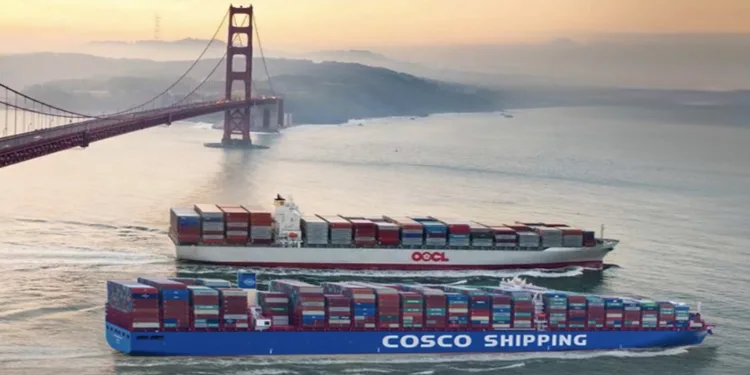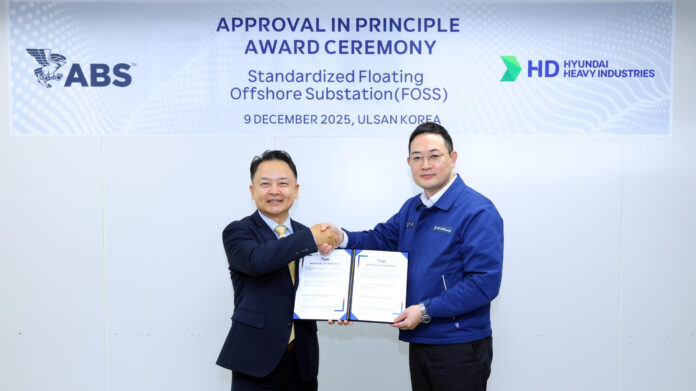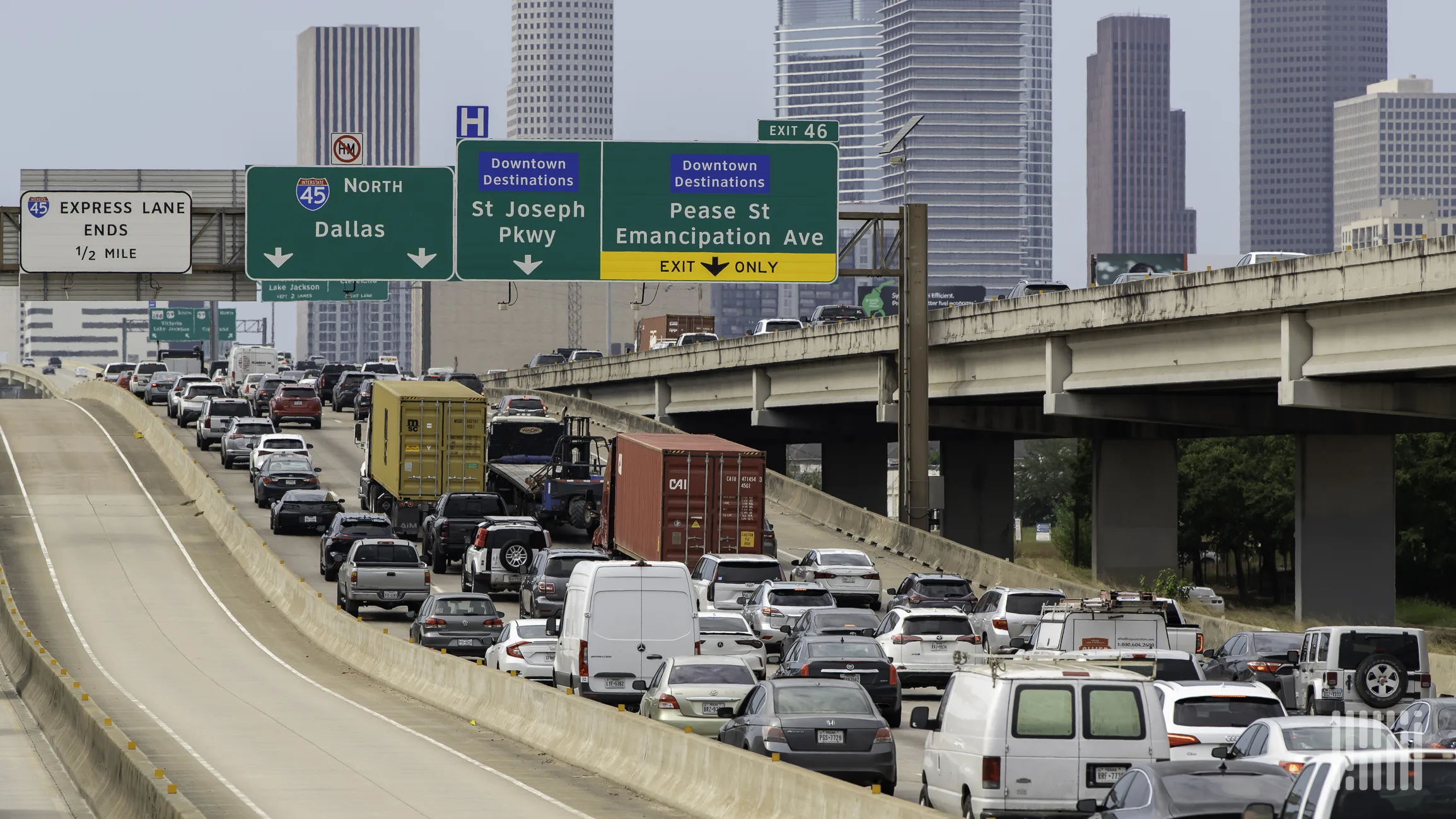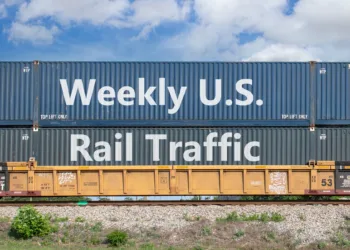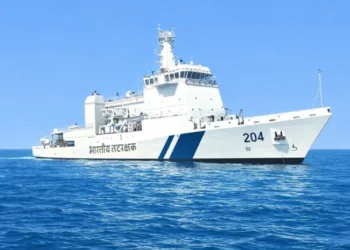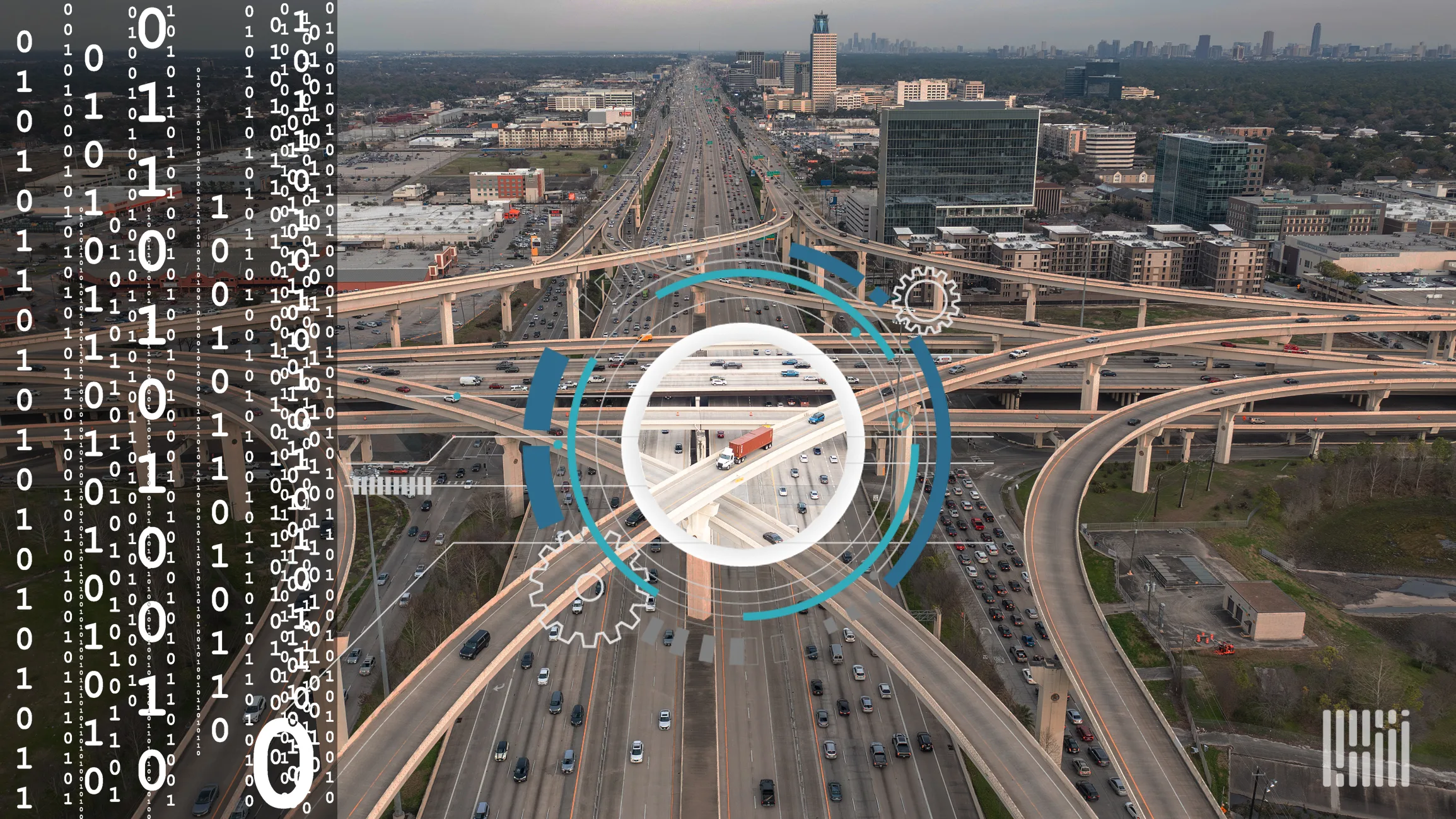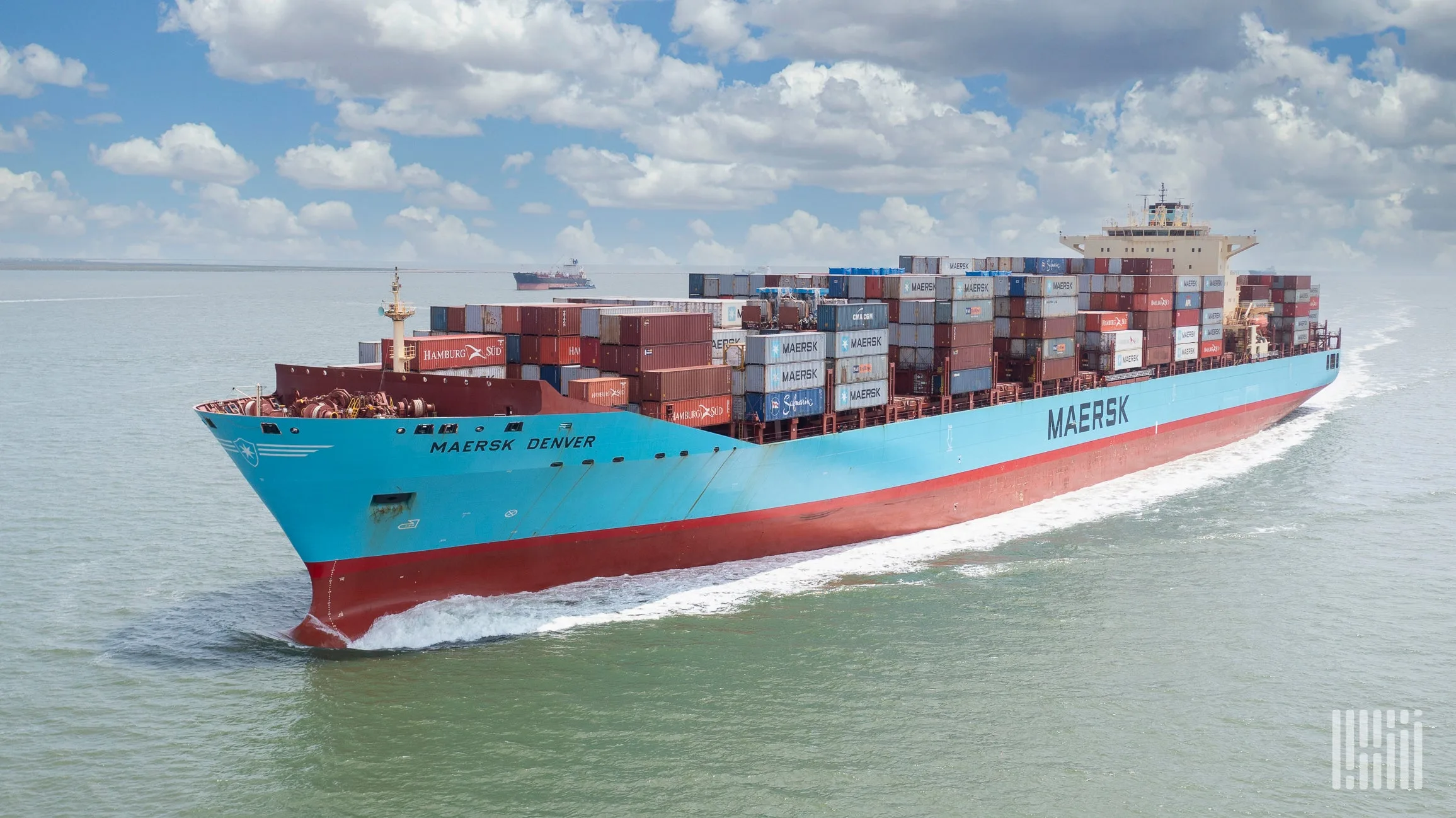With less than four weeks until the US hikes port fees for China-linked tonnage, COSCO, the world’s fourth largest containerline, has moved to reassure clients it will maintain a stable coverage on the transpacific.
COSCO conceded in a note to clients that the new fees from the US Trade Representative (USTR) may pose certain operational challenges, but it was committed to maintaining stable capacity deployment and service quality.
“We will maintain competitive rates and surcharges, along with related policies that align with market conditions,” Beijing-headquartered COSCO stated.
The looming US port fee regime aimed squarely at Chinese-linked tonnage could saddle COSCO and its Hong Kong-listed subsidiary OOCL with a combined bill of more than $2.1bn in 2026, according to recent calculations from HSBC.
The USTR is due to impose port fees from October 14, though the final rules remain unpublished. Customs & Border Protection is working on a collection system, industry sources tell Splash. Analysts at HSBC caution that while their core models do not yet price in the fees, they illustrate how severe the cost burden could be for China’s state-backed giants.
HSBC estimates COSCO could be on the hook for $1.5bn next year, equivalent to 5.3% of consensus 2026 revenues, while OOCL faces a $654m bill — 7.1% of forecast revenues. The fees are modelled at $600 per feu on a 10,000 teu vessel— more than a quarter of the latest Shanghai–US west coast spot rate.
COSCO and OOCL may lean on Ocean Alliance partners CMA CGM and Evergreen to front-load more Korean- and Japanese-built vessels on the transpacific, HSBC suggested, while the Chinese lines shift tonnage elsewhere. Other options include routing cargo via Mexico, Canada, or Caribbean hubs, something that is already beginning to happen with the two Chinese lines announcing recent Mexico services.
Network reshuffles could also tighten capacity in the near term, HSBC warned, as operators hold onto older, non-Chinese-built ships. Nearly 93% of the 20-year-plus fleet falls into this category — tonnage that might otherwise have been scrapped.
Orient Overseas (International) Ltd (OOIL), the listed entity of Hong Kong container line OOCL, conceded last month that October’s likely introduction of extra port fees for Chinese-linked tonnage could be painful.
OOCL noted in a release that the potential extra port charges levied by the US on Chinese carriers will have a “relatively large impact”.
The latest data from UK consultants Drewry show that overall the number of China-built ships on US routes has dropped by 20% in recent months (seer chart below).
The opaqueness of the incoming legislation has led some to argue that, like other negotiating tactics that the Donald Trump trade team has adopted this year, the October 14 deadline may well be extended, or even scrapped.
“Not everyone is convinced that the October 14 USTR port call fees on China-made vessels and operators will materialise, as the issue may be part of the ongoing US-China negotiations,” commented Judah Levine, head of research at Freightos, a box booking platform.



